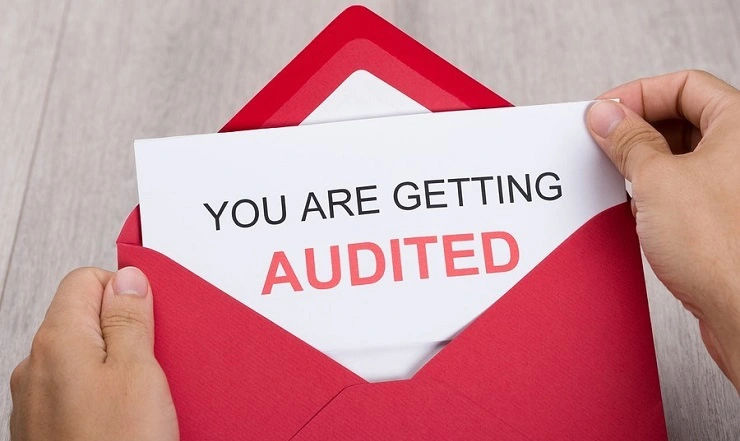An audit is a systematic and independent examination of financial statements and other financial information of a company or other organisation to ascertain how well it has been prepared and presented. The purpose of an audit is to express an opinion on the financial statements by the profession’s standards.
The standards require an auditor to examine evidence regarding the amounts and disclosures in the financial statements on a test basis. The auditor is also necessary to understand the company’s internal control over financial reporting.
Suppose you receive an audit notice from the Internal Revenue Service (IRS). In that case, it is crucial to take the necessary steps to protect yourself and to ensure that the audit is conducted fairly. First, you should contact a CPA service and make copies of all documents. You should also respond to the auditor and determine the type of audit you face. Keep reading to find out what to do when receiving an audit notice.
Contact A CPA Service for Reliable Accounting Services
Take a deep breath when you receive an audit notice, and don’t panic. The IRS has a lot of specific rules and procedures to follow, and if you’re organised and have all your documentation in order, the process will be much smoother. The first thing you should do is contact your local CPA. Their bookkeeping and accounting services can help you navigate the auditing process. Visit PattarCPA.com as an excellent way to guarantee you make the best decisions regarding your financial situation. The CPAs at Pattar can help you go over your business finances when you receive an audit notice.
Then, you should make copies of all the documents that the IRS is requesting. This will help you stay organised and ensure that you have everything you need. Next, read through the notice carefully and make sure you understand what the Internal Revenue Service is asking for.
If you have any questions, be sure to ask your certified accountant. Remember, the IRS is not out to get you. They are simply doing their job, and if you are organised and have all your documentation in order, the process will be much smoother.
Pay Attention to Detail
When an individual or business receives an audit notice, it is important to pay attention to detail to ensure the process goes as smoothly as possible. If there are any questions, you can contact the auditor assigned to the case as soon as possible.
Next, gather all of the relevant documents related to the audit. This may include financial statements, receipts, invoices, and other records. It is important to be organised and have all of the information readily available.
Once everything is collected, it is time to start preparing the responses. They will likely ask specific questions, so it is important to be as thorough as possible. If any additional documentation is needed, be sure to provide that.
Throughout the entire process, it is crucial to keep communication open. This will help ensure that all questions are answered, and the process moves along as smoothly as possible.
Determine The Type of Audit You Are Facing
An audit can be for income tax, estate tax, gift tax, or payroll tax. Depending on the type of audit, different information will be required. For example, for an income tax audit, the business will need to provide copies of tax returns for the past three years and all documentation related to income and expenses.
For an estate tax audit, the business will need to provide a copy of the estate tax return, as well as documentation of the value of the estate. For a payroll tax audit, the business will need copies of all payroll records for the past three years.
It is important to be organised and keep all records in a safe place to be easily accessed if needed. If there are any questions about what is required for the audit or if any records are missing, it is best to contact your accountant or other tax professional.
Trying to go through an audit on your own can be difficult and lead to mistakes. However, by knowing what type of audit you are facing and gathering the required information, the business can make the process as smooth as possible.
If you follow these steps, you can ensure that the audit is conducted fairly and that you can provide the IRS with the information they are requesting.
